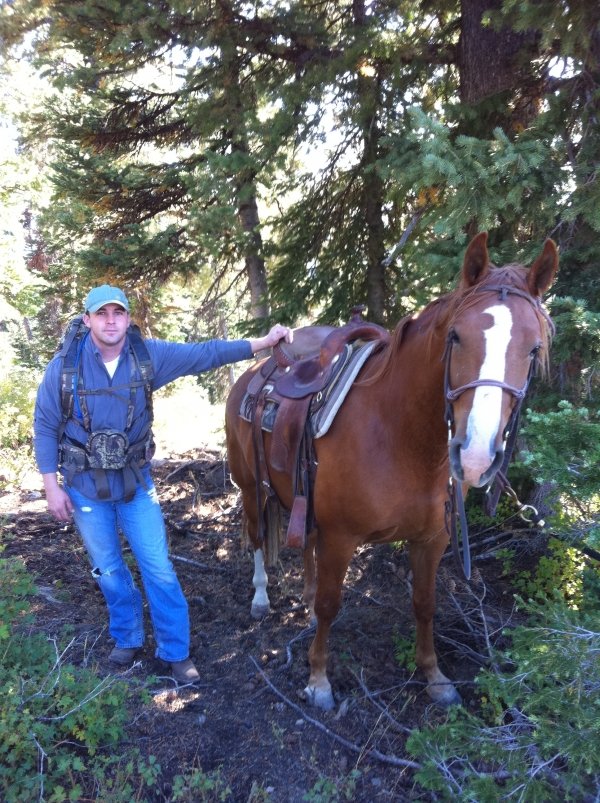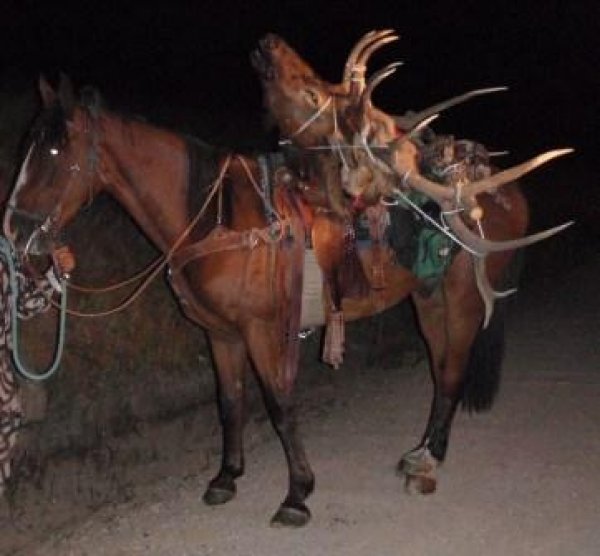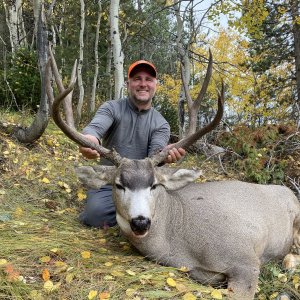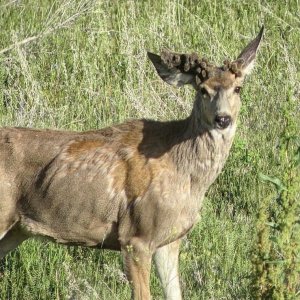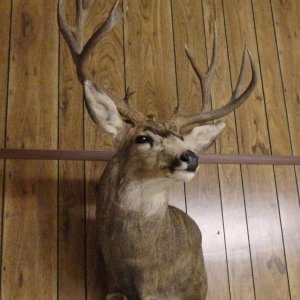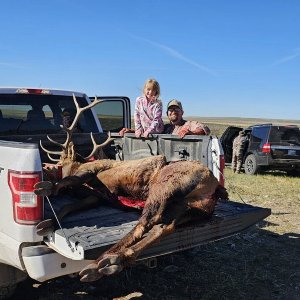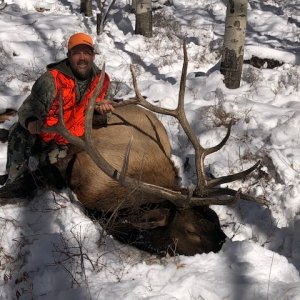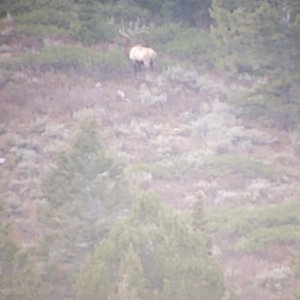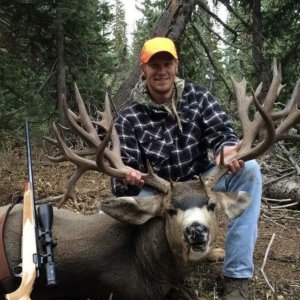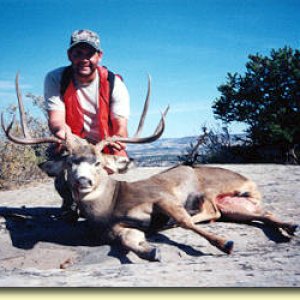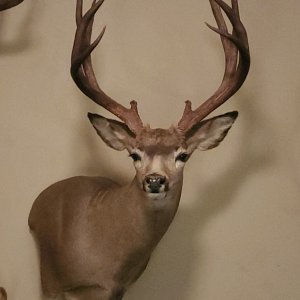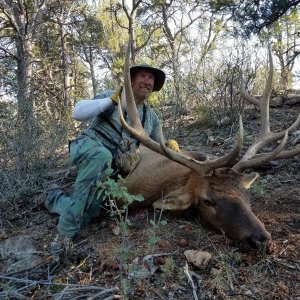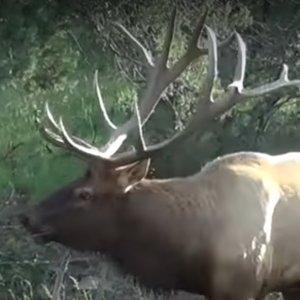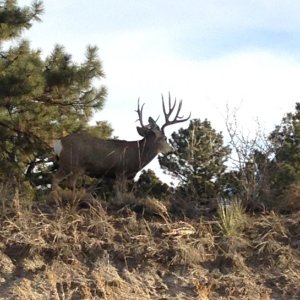READ IT ALL, THE VALUABLE INFORMATION IS TOWARD THE END, REGARDING THE INTERACTION OF MULES AND THEIR OWNERS.
Never had the guts to own but here's she says:
Mule Psychology 101: Mule's Are Better
By Cindy K. (McKinnon) Roberts
This has been an on going argument between horseman and mule person since the beginning time. My experience with mules have been unique and rewarding. Hopefully, the following information will answer your questions.
It must be love. All I know is...from the moment I laid eyes on this beautiful and intriguing creature, it captured my heart. It literally took possession of my soul....then my wallet. First the ears, then the bray. It was too much. I became "mule struck". I was so spellbound from communicating with this hybrid, I instantly new that I had to free them from any pain and suffering. My friends said, "Snap out of it!" It was too late. My ?mule sense? developed so quickly that I realized my passion with mules would never end. It soon turned into a crusade to educate people about the saddle mule and a better way to train them. This is what prompted me to film and produce The Behavior & Training Of The Saddle Mule Video.
My friends thought I was nuts. All those years of riding beautiful horses and now they are convinced that I am living in a mule fantasy world. You see, every ?cowboy? has an idea as to what equine beauty is. To the educated horseman, it is athletic ability a wide jaw, large eyes, alert and small ears, round full hips, straight legs, refinement, excellent muscle, quality feet as well as a good temperament. With the exception of the ears, the same holds true for the mule. An educated mule person has high standards for developing quality saddle mules. There is a commitment with professional mule breeders, to develop the mule breed to being the best show quality possible.
The mule being a hybrid, is sterile and cannot reproduce. They have 63 chromosomes, which do not pair off evenly as they do in other species. So your grand champion show mule is not able to
stand at stud for a nice stud fee. This is the frustrating part about hybrids.
Interestingly, Mother Nature has passed on absolute traits to the mule. Their extreme intelligence came from their sire, the jack. Their athletic way of going comes from the horse mare. Amusingly, the mule is able to bray only on the exhale. Where as a donkey (his sire) can bray (hee-haw) while breathing in and out. A well developed mule has acquired the definitive features from his jack and yet has the style and grace from his mare. Since the horse mare raises the mule from birth, it is essential to select a mare with an easy and pleasing attitude. In my opinion, inferior breeding produces ugly mules. Poor breeding will produce poor quality stock...in mules as well as horses.
For those of you that desire for captivating conversation over dinner tonight, I have include the following dazzling mule history: During the ruling of King Ferdinand (around 1480) throughout Spain, there was a law proclaiming it unlawful to ride a mule! This was because the resident farmers were neglecting their breeding programs for horses. As a result, poor quality horses were being produced. It was important too have excellent horses for breeding stock, so that the royal family and their knights had superior animals for battle. Vanity was the true reason for the King and Queen to be seen only on beautiful horses. While the farmers and peasants in Spain were ?mule struck?, the royal horse population suffered. This prompted the "no mules law". Due to the ban on mules, world explorer Christopher Columbus, had to get a special permission from the King, just so he could ride his very own mule. You see, Columbus had back problems, and the mule was his ride of choice.
Years later, our first President-Commander and Chief, George Washington became our first mule breeder in the United States. George Washington wrote to the King of Spain inquiring about the possibility of purchasing good quality breeding stock. The King responded by sending him two Andalusian jacks and jennets as a gift. One of the jacks died during his long voyage to America but the others arrived safely at Mount Vernon in December of 1785. The surviving jack was named ?Royal Gift?. Some time later, Marquis de Lafayette sent General Washington a black Maltese jack named ?King of Malta? and several jennets. These animals were bred with his Andalusians to become the foundation of American Mammoth Jackstock. At 14 hands, (56 inches) the Maltese jack was considerably smaller than ?Royal Gift? who was 16 hands (64 inches) and considered a superb jack by all accounts. At last, the Spanish embargo ended in 1813 and new bloodlines were then imported from Spain, allowing Majorca and Malta to strengthen the foundation laid by George Washington. And that is how the mule got his ?big start? in America.
The mule has played a very big role throughout the development of the United States. They were used as teams for work and transportation and usually were selected as mounts by men of the frontier. The famous 20 Mule Team Borax is an excellent example of an American legend made during the 1880s. However, life was risky on the desert trail back then. The Native American Apache people liked to steal the white man?s mule to kill and eat. This was a real threat, as the Apache Indians liked mule meat as much as he hated the white man.
The mules were an asset to the U.S. Army Calvary Units. Mules were used during the Civil War to transport the cannons and other artillery. They were valued because of their superior strength and stamina. They are able to withstand harsh environmental conditions and terrain. They will not spook and run away as horses will. This was extremely important while in cr itical times of battle.
My grandfather rode in the last U.S. Calvary and was assigned a mule. He photographed U.S. Army mules and later became an artist. I only wish he would have lived long enough to see what I have been able to do with my mules.
Mules were used for packing missiles into the mountains of Afghanistan from 1979-1989 during the war against the Russians. At that time, the United States was giving aid to Afghanistan and shipped mules from Dallas, Texas to the Pakistan border. Hub Reese of Galatin, Tennessee was the main supplier for shipping pack mules o Afghanistan. Many mules were killed in the mountains as a result, but they were helping Afghanistan during their time of need. Mules possess a keen sense of awareness to them. They are able to scent water for more than a mile away. They can detect danger from enemy attack simply because they can feel vibrations from the ground through their feet. They have superior hearing. This is why they are beneficial to third world nations.
Mules require less feed as compared to a horse of the same size. Generally, a mule will eat as much as 30% less, so it is economical to keep a mule. They will not overeat and founder as horses will. To ?founder? is a critical health condition as a result from overeating fresh, lush pasture or feed. Usually a horse is useless after foundering themselves.
Mules are sure footed and are able to travel through rocky and intense terrain where a horse is unable to go. I like to think of it as having four wheel drive. Many truck owners would rather have four wheel drive as an option, but some people are cheap and won't pay for it. They will make do with their two wheel drive trucks and hope for the best. With a mule, it is the same logic. You get what you pay for. A good mule is going to cost you, but they never lose their value and you cannot always replace a good mule. It takes time. When purchasing an equine for trail riding and you are thinking of that four wheel drive
option, you better go for it, reach deep into your wallet and buy a decent mule. If you buy from a reputable dealer, you should be able to get one that comes with a warranty too.
I have ridden through dangerous rocky hillsides many times with my mule ?Rawhide? and have never gotten into trouble with her. We have ridden through bear and cougar habitat. I have ridden her through heavy traffic (at fairs and events in the city) and through crowds at concert events and she has always been calm. She will not spook at gunfire or fireworks. She too will let you know if she likes what she is doing...or NOT. Rawhide has been exposed to many things and that is what makes her an excellent mule.
I receive compliments from people about how well trained my mule is. I have trained her and many other mules and that is a great feeling to get a compliment about your mule....especially if it is coming from a horse person.
Mules are calculating creatures. They are extremely smart. They see the world in black and white. You have to be direct with the mule, as you don't want to bore him. If a mule refuses to do a task, it is for a good reason. A mule cannot be worked to death like a horse can. So the term ?stubborn as a mule? is not really a true statement. Mules that have been trained properly will respond favorably and do the requested task. However, many people, especially horse people, do not know how to train a mule. That is why there are mules that have ?quirks?....because a mule never forgets his experiences. A smart mule trainer knows this. That is why it is important to teach things to your hybrid properly. If you are unable to do this, then you are better off sending your mule to a professional mule trainer and pay the price.
Mules are judgmental animals. They will not tolerate ill treatment. Badly treated mules usually end up at the sale barn, because they have a bad attitude. Mules are not forgiving like horses are. Many ignorant people have been killed by ?outlaw? mules. You see, owning a mule is comparable to being married. You would rather have a good marriage and enjoy your time spent together. The same concept holds true for your mule. Mules know if you like them or not. You have to develop a friendship and bond with your mule first before you are able to work together. And if you do not allow this to grow into a true friendship then you and your mule can get into some nasty disagreements, which can easily lead to you divorcing your mule. And I have seen some really ugly mule divorces over the years.
Rawhide and I have been together for more than 20 years. It is common for mules to stay in the same family for many years. I met a mule that was forty one and never was sold. He remained with his original family and the great grandchildren were now riding him. A decent mule makes a wonderful baby-sitter for young children.
Mules cannot be forced into doing things they do not favor. That's a trait in the mule that most people fail to honor. Mules have to like what they are doing, or they simply will not do it. Quite simply, it has to be their idea. Otherwise, they will continually ?scheme? and act up to avoid doing something they don't like. Inefficient trainers that attempt to use force on these animals, soon develop dangerous habits and that is how you create an outlaw mule.
To appreciate the mule's mind and athletic ability, take time out to learn about his parents, and you will find that you still don't know all there is to know about the mule. My friend recently confessed that she did not become a better parent until she bought her first mule. She said she learned everything about her kids by getting to know her mule. Pretty clever.
I choose to understand the mule and his point of view...I respect his independence. I believe they are complex creatures that are often times misunderstood. Hopefully, from here on out, you will remember...to look into their heart and then proceed to move forward with this thought. Mules are individuals. It is vital to understand their distinctive personalities. Designing an effective and humane training program for your mule will help you to develop a partner for life.






